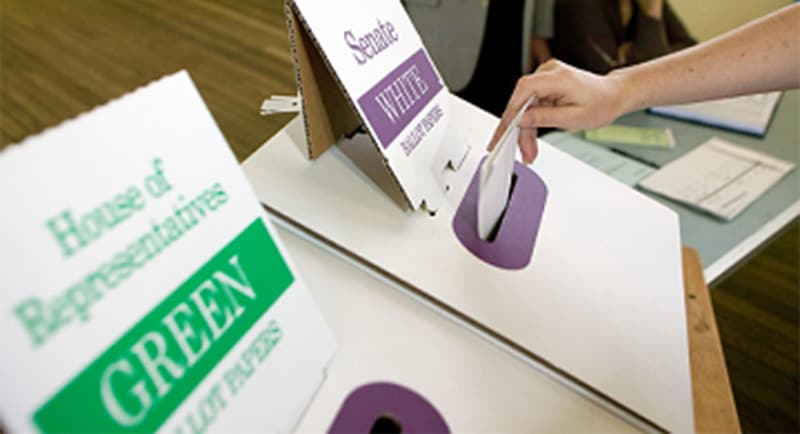The commercial radio industry has called for an urgent review of the media blackout rules before the next federal election, arguing the current system is problematic and out of date. Industry body Commercial Radio Australia said the laws, which restrict political advertising on radio and TV three days out from an election, result in millions of dollars of advertising going to Facebook, YouTube and Google at the expense of Australian broadcasters.
“The rules were imposed pre-social media and are hopelessly outdated,” CRA chief executive officer Joan Warner said. “This is an issue CRA has repeatedly raised with the Government and Opposition as discriminatory and archaic.
“It’s crazy to place restrictions on local radio stations, but allow a free-for-all for the digital tech giants, with online, digital, social media, robocalls and spam text messages allowed right up to the close of polling on election day.
“This inequitable regulation drives advertisers to digital platforms and has a significant financial impact on local radio stations, hampering their ability to fund newsrooms and journalists at a time when voter concerns about misinformation on social media is at a high,” she added.
The Joint Standing Committee on Electoral Matters (JSCEM), in its December 2020 report on the conduct of the 2019 federal election, described the media blackout as no longer fit for purpose, and recommended a review “with a view that the restrictions on commercial radio and television broadcasters be removed”.
The committee recommended the ACCC and ACMA work with the Australian Electoral Commission and other key stakeholders to “ensure this important area is addressed as a priority”.
Warner said this action was also recommended in the ACCC’s Digital Platforms Report.
In September, Commercial Radio Australia announced that its chief executive officer Joan Warner had advised the CRA board that she intends to step down early next year. The search for a replacement CEO commenced immediately with the aim of a new CEO taking up the position during the first quarter of 2022.
